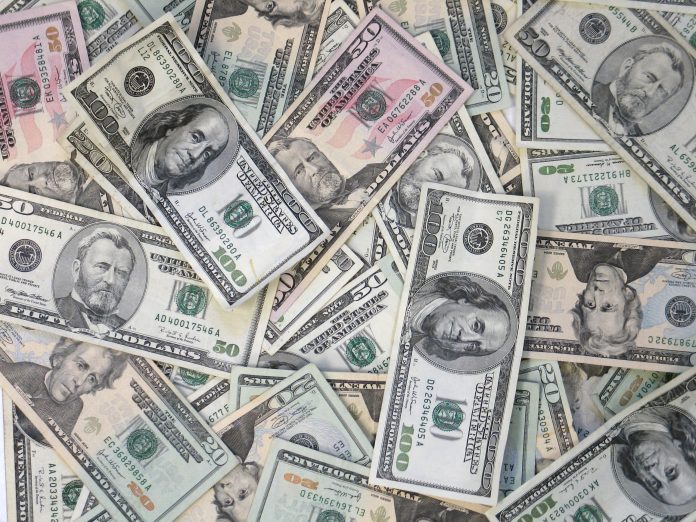Burning money is illegal in the United States. Funny story, a few years ago the US Federal Reserve Bank distributed pamphlets to the public which contained counterfeits instead of real bills. This was all part of an attempt to educate people about the growing problem with counterfeiting currency. But one man decided that he would try to pass his counterfeit as real and burned it. He hoped that by burning it, no one would see it or care that it was fake. However, because he burned money this is considered an illegal act in the United States.
Burning money is illegal
Burning money is illegal because money is a legal instrument of exchange. It has real value as a physical entity and is used as a transaction medium. When paper money is burnt, the economy loses that value because it has been destroyed.
Money burning is also a form of protest or expression of dissatisfaction with the government. This was the case in the 1930s when people burned their money to express their anger at the Great Depression policies of President Herbert Hoover (1929-33). It was also done by some people during protests against the Vietnam War in the 1960s and 1970s.
Burning money can also be considered as an act of contempt for its value and status as legal tender. Since it has no intrinsic value, burning it does not destroy its usefulness as legal tender; it just reduces its supply in circulation.
Burning money may become illegal only when it causes damage to a person or property or government property
In many states, burning money is considered a “nuisance” and can be stopped with an injunction. In others, it could be considered arson if it causes damage to someone’s property.
The answer depends on where you live. In some areas, burning money is illegal because of air quality concerns. For example, some cities prohibit open burning for this reason (e.g., Chicago). In other areas, there are no laws prohibiting the burning of money, but it could still be considered illegal if it causes damage to someone else’s property especially if they have asked you not to do so (e.g., Phoenix).
The law also prohibits burning of counterfeit currency which may be intended to defraud people and businesses
Burning money is wasteful because you are destroying something that has value as an asset or an exchange medium. Burning money also generates air pollution, which is bad for the environment and other people in your community. In addition, there are legal penalties for burning money if it is done with intent to defraud someone or if it causes a public nuisance.
The Law Prohibits Burning Money
There are several reasons why it’s illegal to burn money:
- It’s wasteful and irresponsible to destroy something that has value as an asset or an exchange medium.
- Burning money creates air pollution that harms people’s health and the environment.
The law prohibits burning of counterfeit currency
The law prohibits burning of counterfeit currency which may be intended to defraud people and businesses. However, if it can be proven that the counterfeit currency was not burned in order to defraud anyone, then this would not be illegal under the law.
What is the law on burning money?
The law prohibits burning of counterfeit currency which may be intended to defraud people and businesses. However, if it can be proven that the counterfeit currency was not burned in order to defraud anyone, then this would not be illegal under the law.
Why is it illegal to burn money?
There are many reasons why burning money is illegal:
- Burning counterfeit currency is an act of fraud because you are trying to pass off fake money as real and get something in return for it;
- It also constitutes destruction of property which is against the law; or 3) If you burn cash and throw away the ashes, there’s no way for someone else to claim it later on even if it was theirs by mistake or by accident.
Conclusion
It has been illegal to burn money in the US since around 1866. This is because money is a legal tender in the United States and is acceptable to pay debts or give change in amounts of $1 or greater. This lets you know whether or not you are dealing with counterfeit money, so it makes sense as to why this would be illegal.



 Bitcoin
Bitcoin  Ethereum
Ethereum  Tether
Tether  XRP
XRP  Solana
Solana  USDC
USDC  Cardano
Cardano  TRON
TRON  Lido Staked Ether
Lido Staked Ether  Avalanche
Avalanche  Toncoin
Toncoin